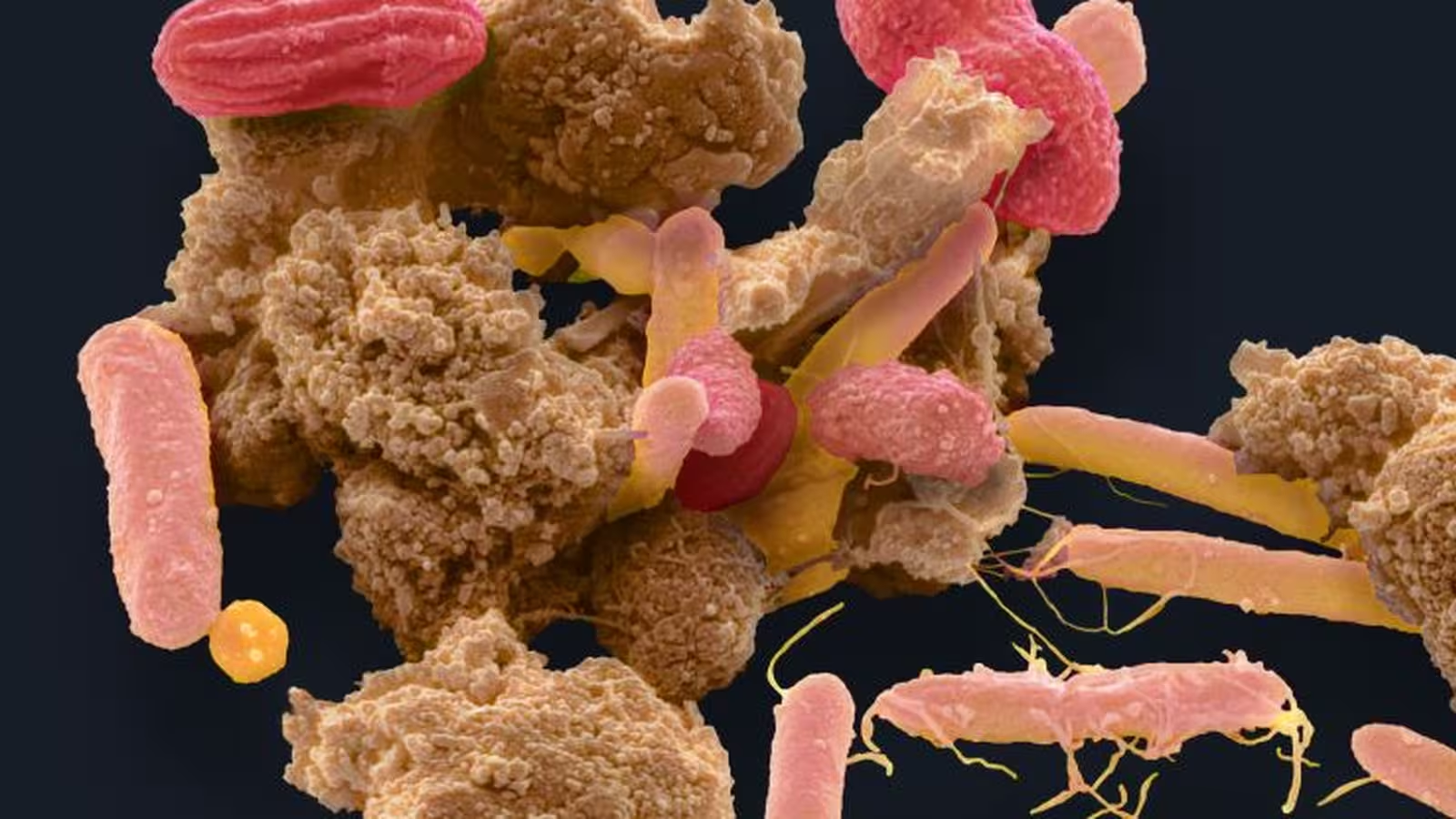4 Minutes
Understanding the Role of Gut Microbiota in Human Health
A balanced and diverse gut microbiome, known scientifically as eubiosis, is essential for maintaining overall health. This intricate ecosystem of trillions of beneficial microorganisms in the digestive tract supports everything from digestion to immunity. Disruptions in this microbial harmony, often triggered by factors such as antibiotics, poor diet, or illness, can lead to a wide spectrum of health problems, including gastrointestinal disorders like Crohn's disease and ulcerative colitis, as well as metabolic and neurological conditions.
The Growing Popularity and Promise of Fecal Microbiota Transplantation (FMT)
Fecal microbiota transplantation (FMT) has emerged as an innovative therapeutic option to rebalance the gut microbiome. This procedure involves collecting stool from a healthy donor, isolating key beneficial bacteria, and delivering them to patients, typically via encapsulated pills informally dubbed "poo pills." The primary goal is to restore microbial diversity and function in individuals whose gut flora has become imbalanced.
FMT has shown promise in treating a range of challenging conditions, such as irritable bowel syndrome (IBS), Parkinson's disease, obesity, and type 2 diabetes. The procedure is generally regarded as safe and effective, but recent scientific findings have highlighted important risks that merit attention.

New Evidence Raises Safety Concerns About Microbial Mismatches
A multinational team of researchers, reporting in the journal Cell, has uncovered potential dangers associated with FMT, particularly when the microbial profile of the donor does not align with the recipient's gut environment. This phenomenon, termed a "microbial mismatch," refers to instances when the introduced bacteria are ill-suited to certain regions of the recipient’s digestive tract—especially the small intestine, which hosts a distinctly different microbial community compared to the colon.
To investigate this, scientists disrupted the gut bacteria of mice using antibiotics, followed by FMT using microbes sourced from different intestinal regions. Over a period of one to three months, the researchers meticulously observed the mice for physiological and genetic changes.
Consequences of Misplaced Microbes
The study revealed that mismatched transplants often placed inappropriate microbes in regions where they did not belong, leading to significant shifts in the composition and behavior of the gut microbiome. This disruption affected metabolic processes and immune system functions. Notably, tissue biopsies from both the gut and liver uncovered persistent changes in gene expression related to metabolism and immunity—alterations that may have long-term impacts on health.
While the study stops short of listing specific diseases arising from these genetic changes, the researchers recommend that clinicians exercise greater caution with FMT therapy. Considerations should include precise matching of donor and recipient microbiota, careful attention to dosing and timing, and close monitoring for potential side effects.

Innovative Alternatives and Future Frontiers in Microbiome Therapy
Recognizing the limitations of standard FMT, scientists are exploring advanced strategies to improve safety and efficacy. One such approach, known as the “omni-microbial method,” involves transplanting diverse microbes from every region of the intestine—not just the colon—to create a more representative and harmonious gut environment for recipients. Early indications suggest this could resolve the mismatch problems that complicate traditional therapies.
Additionally, research is increasingly focused on precision microbiota engineering—sometimes called "gut terraforming." These techniques involve selectively introducing specific microbial strains to targeted regions of the digestive tract, with the aim of restoring optimal gut function without unwanted side effects.
Conclusion
Fecal microbiota transplantation has revolutionized how scientists and clinicians approach gut health, offering hope for conditions that previously had limited treatment options. However, new evidence of potential metabolic and immunological risks underscores the need for careful donor-recipient matching and innovative approaches that minimize unintended consequences. As microbiome science evolves, these insights signal a future where gut-based therapies are not only effective but also precisely tailored to individual needs, ensuring safety while maximizing health benefits.
Source: theconversation



Comments